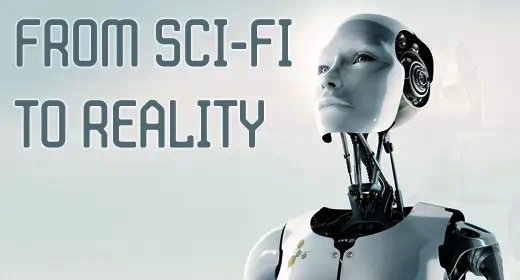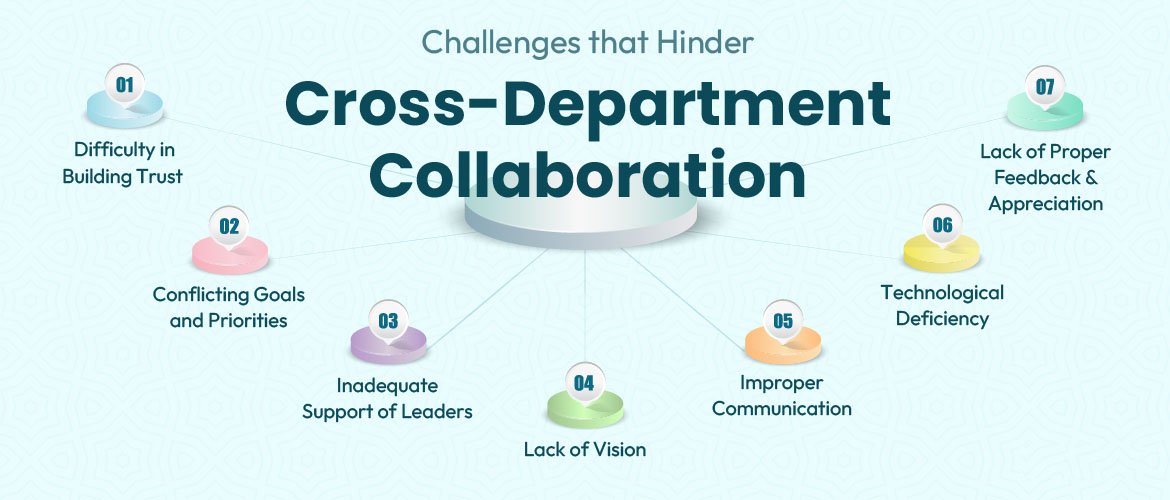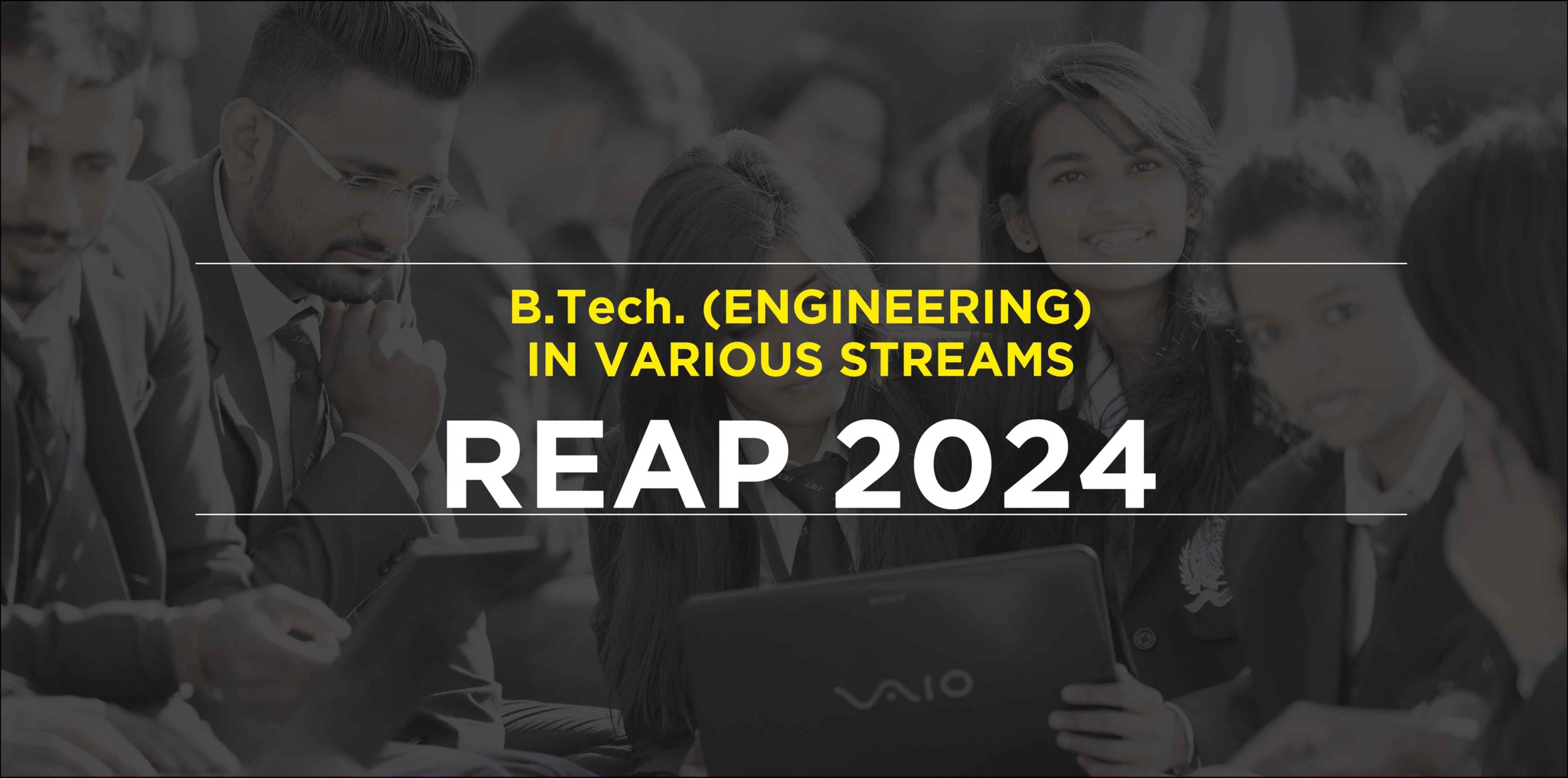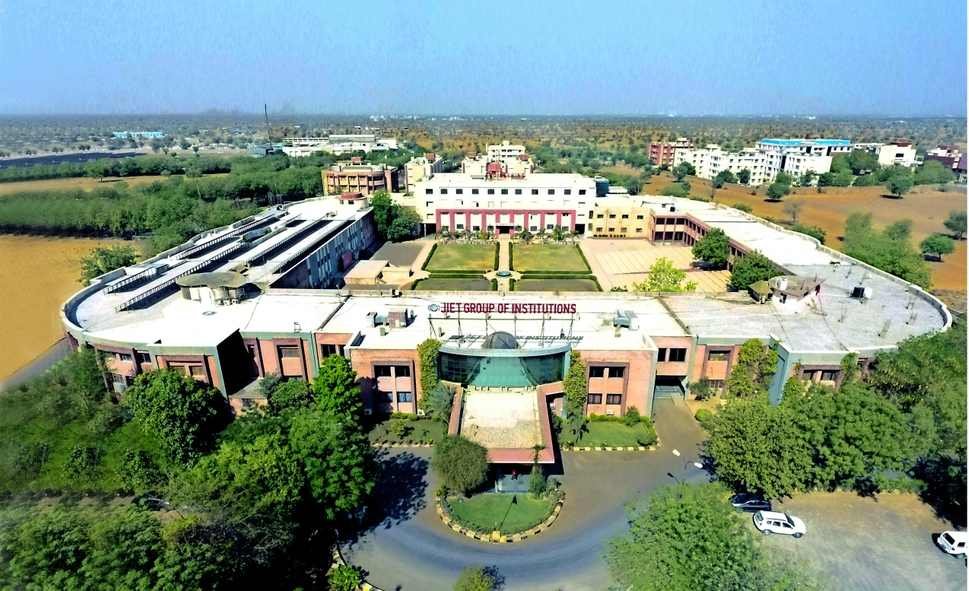Difference in engineering and other degrees?
When you think of engineering, you think of machines being operated and built, high-tech computers and specialized professionals working hard to build new things. Pretty self-explanatory picture, right? So, what’s its difference from other educational curriculum? Engineering is a technical education degree that has specific prerequisites. It also takes four years to complete instead of three, which is typical for undergraduate degrees. These are some of the fundamental differences; let’s delve deeper into this topic to better understand how engineering is different.
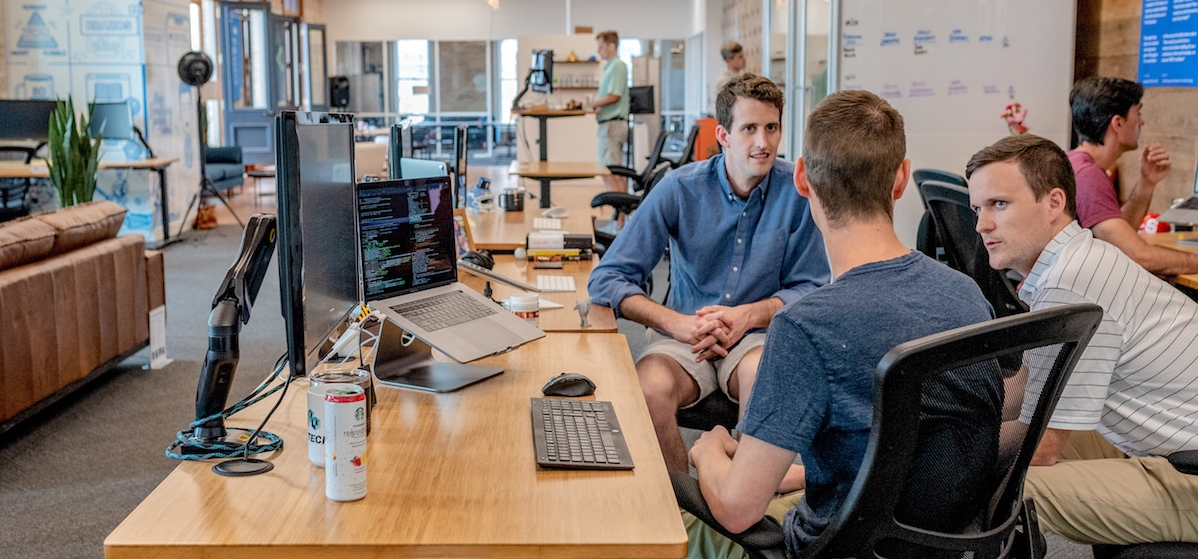
5 differences between engineering & other degrees
Four years of study
Engineering degrees have a four-year course compared to the three-year study course of most undergraduate programs. Given that engineering is a professional course that focuses on the employability of students, the extra fourth year is dedicated to training students with industrial experience as well as projects that can help them get placed after graduation. This extra year allows students to get placed right after college and start their professional journey if they choose.
Engineering is not subject-based
When you think of college education, it is focused on a particular subject, right? Not for engineering, it’s not. Engineering as a curriculum is focused on various streams rather than any particular subject. This is because any particular subject can not completely encapsulate a complete branch of engineering, so you need to master several subjects in order to be an engineer making the course slightly more difficult.
No Honours
Undergraduate programs have the option of completing with honours or just passing the course. In engineering, you don’t have that distinction. You can only pass or fail your engineering degree, and there are no special benefits or provisions for honours students. So regardless if you want to go for a professional career or higher education in engineering, not having an honours degree will not stop you.
Campus placements
Engineering as a technical degree is job-focused. This means students of engineering are offered jobs right on campus through placement drives organised by various companies. This option is mostly not available for general degree students as their education is more academic than job-focused. Top engineering institutions with best placements provides students the opportunity stand out of the crowd.
Great focus on PCM
If you are studying general courses, you may or may not have to worry about Physics, Chemistry, and Math (PCM); however, that’s not the case for engineering. PCM is one of the core fundamentals of engineering, regardless of the stream you choose. So, if you want to pursue engineering, you have to have a strong interest in PCM and also be able to understand complex concepts of these subjects.
Conclusion
Given the current socio-economic scenario, the Engineering option appears to be a much easier line to pursue in the long run. A degree in classic fields such as computer science, electronics, electrical, mechanical, civil engineering, and contemporary areas like data science, cyber security, artificial intelligence, or the Internet of Things can lead to a successful and fruitful professional career.
However, it starts with choosing the right college that can give you the platform you need to move forward in your career. So, if you want to go for the best engineering colleges, indeed check out the Jodhpur Institute of Engineering and Technology for their excellent engineering courses.
As technology continues to evolve, two of the most exciting and high-paying fields are Artificial Intelligence (AI) and Robotics. Both play a crucial role in shaping the future,
choosing a field that ensures a secure, high-paying, and future-proof career. Among the most sought-after engineering domains, Artificial Intelligence (AI), Data Science, and Cybersecurity
In the realm of mechanical engineering, precision is key, and fluid dynamics has always been a complex but vital aspect. Computational Fluid Dynamics (CFD).
Artificial Intelligence (AI) has transitioned from the pages of science fiction novels to becoming a cornerstone of modern engineering practices.
In today's fast-changing world, the lines between different subjects are unclear. Interdisciplinary learning—where knowledge from different fields.
At JIET, the drive to nurture entrepreneurship and leadership is more than just an initiative—it's part of our core mission. As we prepare students for a fast-changing world
In this rapidly evolving engineering landscape, technical expertise is crucial. However, it's not the only factor. The ability to share ideas, work in teams.
As 2024-2025 approaches, many students and parents are wondering if engineering is still a good career choice. With new technologies,
In an ever-changing world, the need for visionary leaders and innovative entrepreneurs is paramount. JIET Universe recognizes this imperative and has developed specialized programs.
Choosing the right engineering specialization is crucial for your academic and professional journey. JIET offers a variety of engineering specializations, each with unique focus areas.
Technology is advancing rapidly, changing industries and societies. As we move through 2024, several new technologies will significantly impact various sectors.
The Rajasthan Engineering Admission Process (REAP) 2024 is a key step for students aiming for engineering degrees in Rajasthan. Conducted by the Rajasthan Technical University (RTU), REAP helps students get into B.Tech.
Turning a creative idea into a tangible product is both an art and a science. The design process is crucial in translating abstract concepts into real-world solutions.
At JIET Universe, we are committed to fostering academic excellence and ensuring education is accessible to all. We are delighted to announce a diverse range of scholarship opportunities.
JIET Universe is excited to announce new courses and expanded scholarship opportunities for the academic year 2024-2025. These advancements align with our commitment to providing high-quality education.
Missing out on IIT or NIT isn't the end of your engineering dreams. JIET Universe is here to show you that your aspirations are still within reach.
Ace Your Engineering Entrance Exam: Insider Tips Getting ready for engineering entrance exams? It's a big step, but don't worry! JIET College's own grads are here to guide you through it.
Are you concerned about keeping your digital conversations safe? Whether you're chatting with friends, attending online classes, or sharing sensitive information at work
Are you an engineering student in Rajasthan, dreaming about your first real-world experience? Getting that first internship is a thrilling start to your career.
Embark on an Unforgettable College Adventure - Are you ready to start your college journey at JIET Universe? Nestled in the vibrant city of Jodhpur, Rajasthan, JIET is more than just an institution
Hey there, future innovators and style creators of Rajasthan! Did you know that engineers and fashion designers are more alike than you think?
JIET Universe stands proud among Rajasthan's top computer science colleges. Here, we make AI (artificial intelligence) and ML (machine learning) big parts of learning. Our goal is simple:
Earning a degree from the best engineering college in Rajasthan is an exciting first step toward a fulfilling career. Now, it's time to get your first job. It might seem challenging,
In the dynamic realm of mechanical engineering, the ability to design, simulate, and execute projects with precision is paramount. AutoCAD, a leading software in computer-aided design
Hey, future innovators! Are you ready to dive into the world of engineering but feeling a bit overwhelmed by all the choices? You're not alone.
The Indian Institutes of Technology (IITs) are renowned for their thriving campus communities and reputation for academic brilliance. In 2023, JIET Universe is emerging as a beacon of similar ethos,
In today's digital age, data is the new gold. From personal details to financial transactions, vast amounts of data are generated, stored, and shared every second.
When you think of the crème de la crème of technological research in India, the Indian Institutes of Technology (IITs) are undeniably at the top of the list.
In the diverse world of academia, the ethos of an institution is often reflected in its infrastructure. The Indian Institutes of Technology (IITs) stand as monumental examples.





